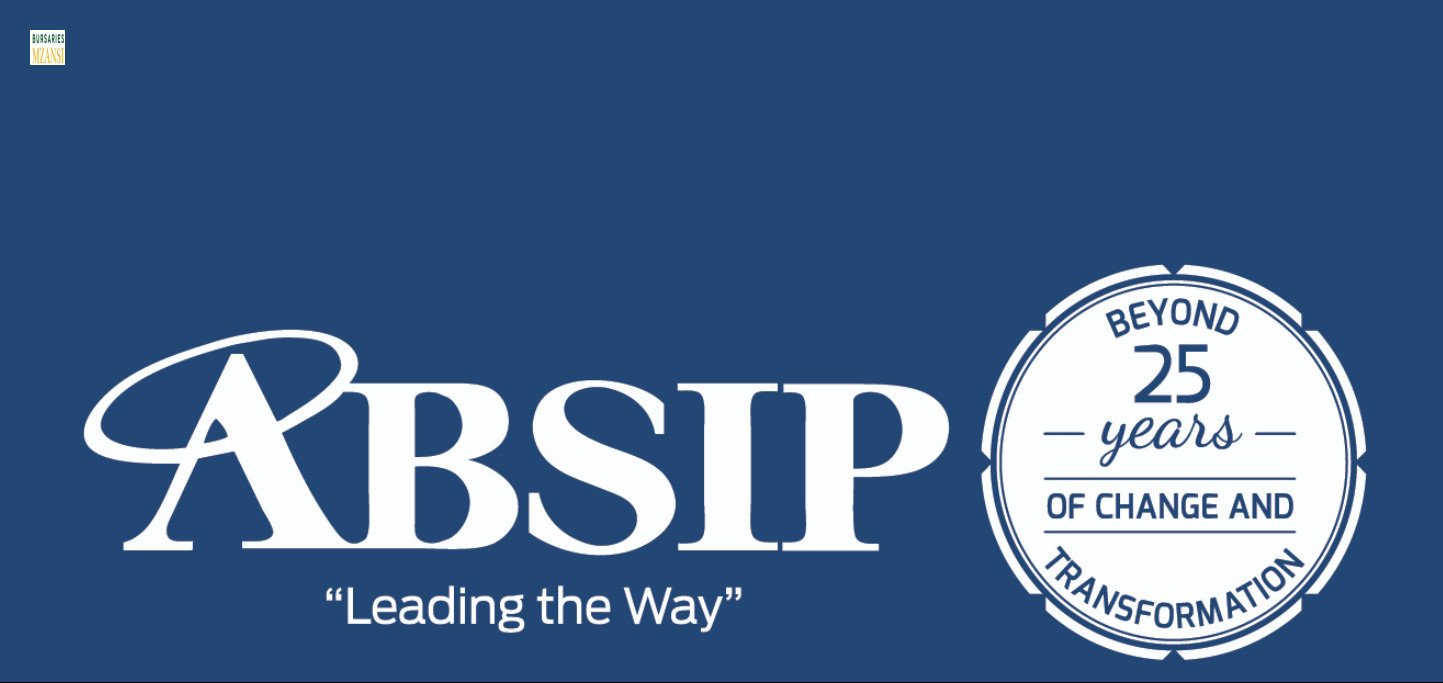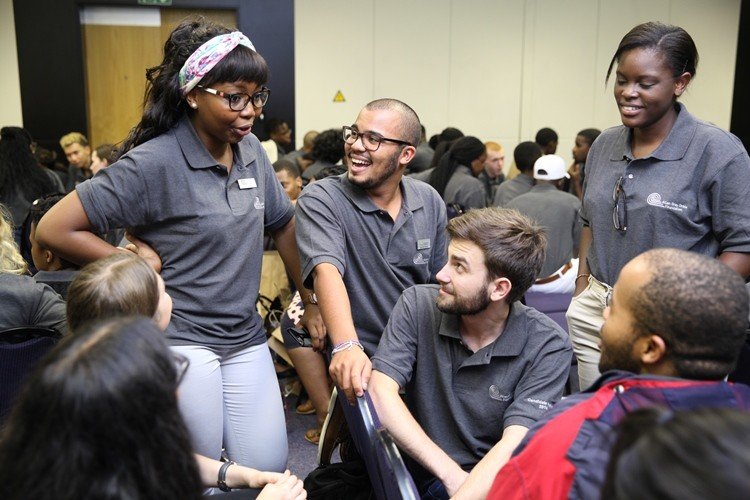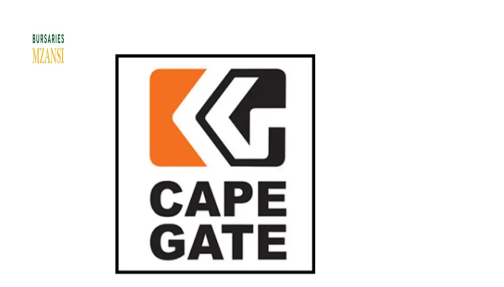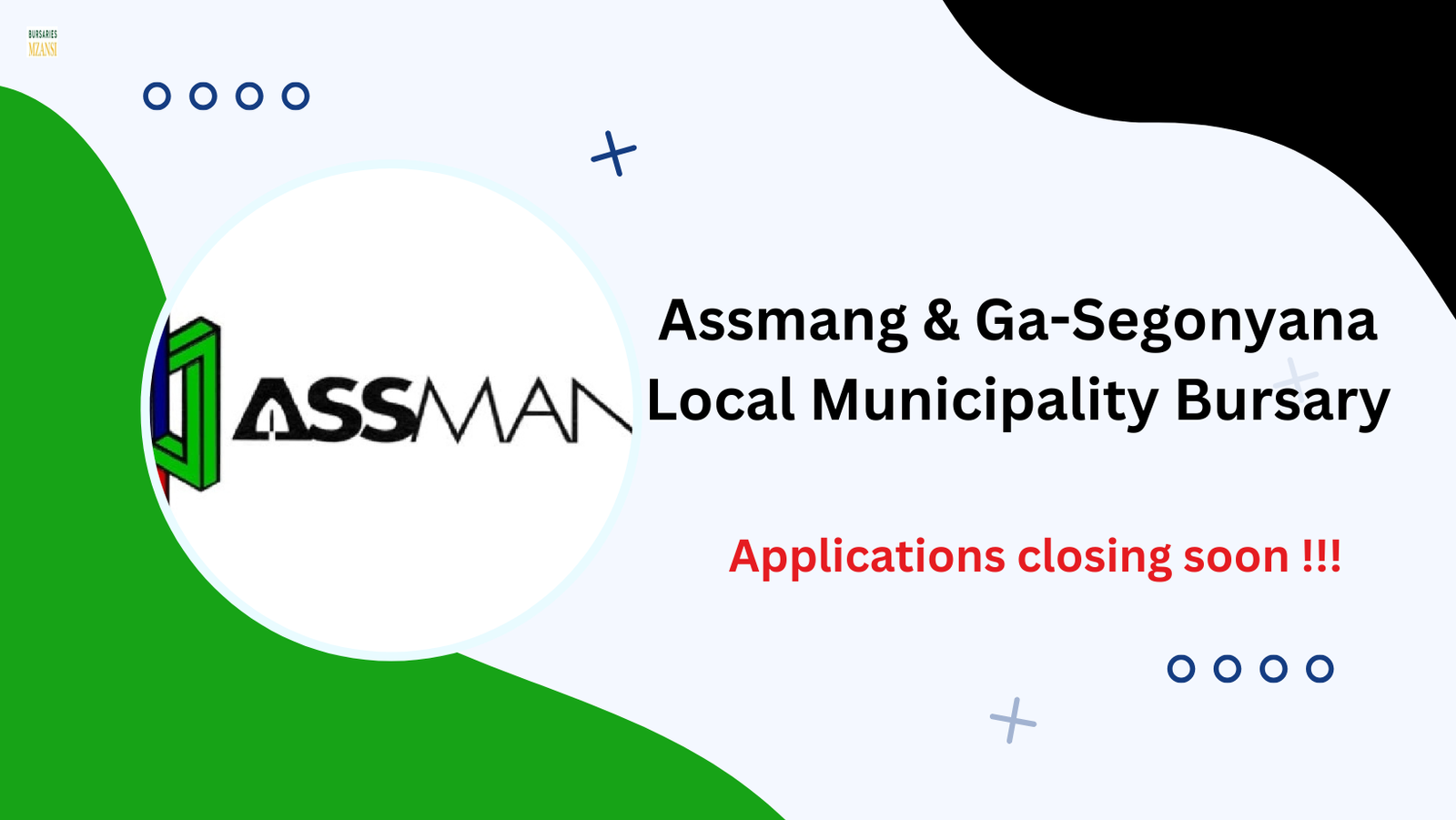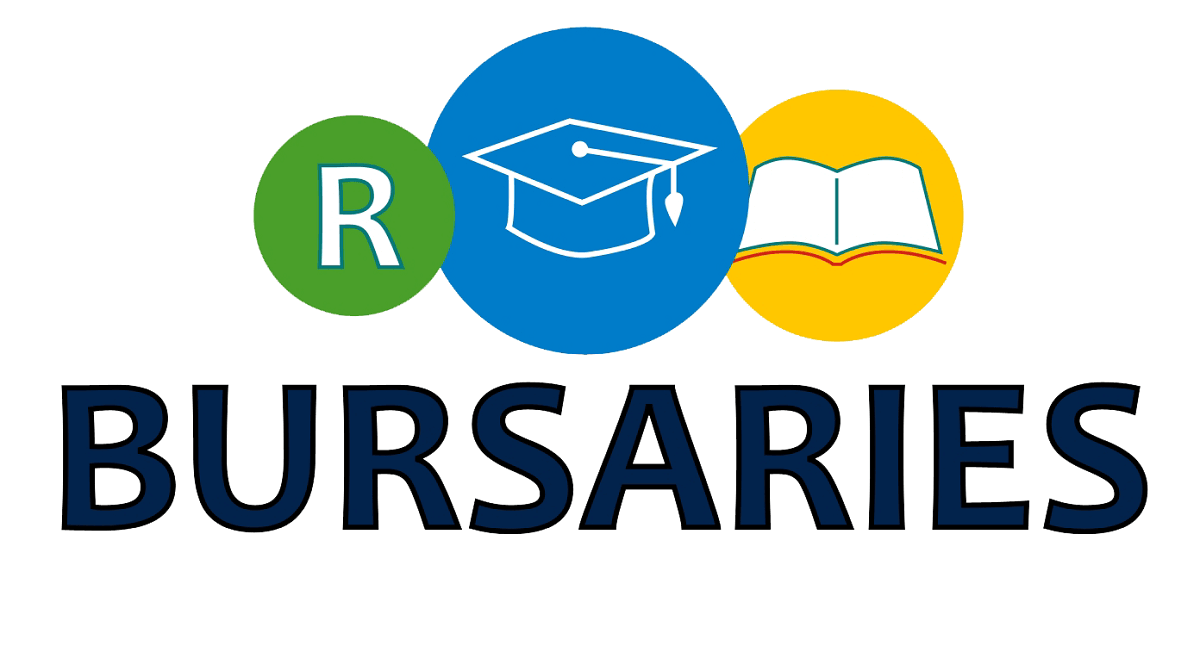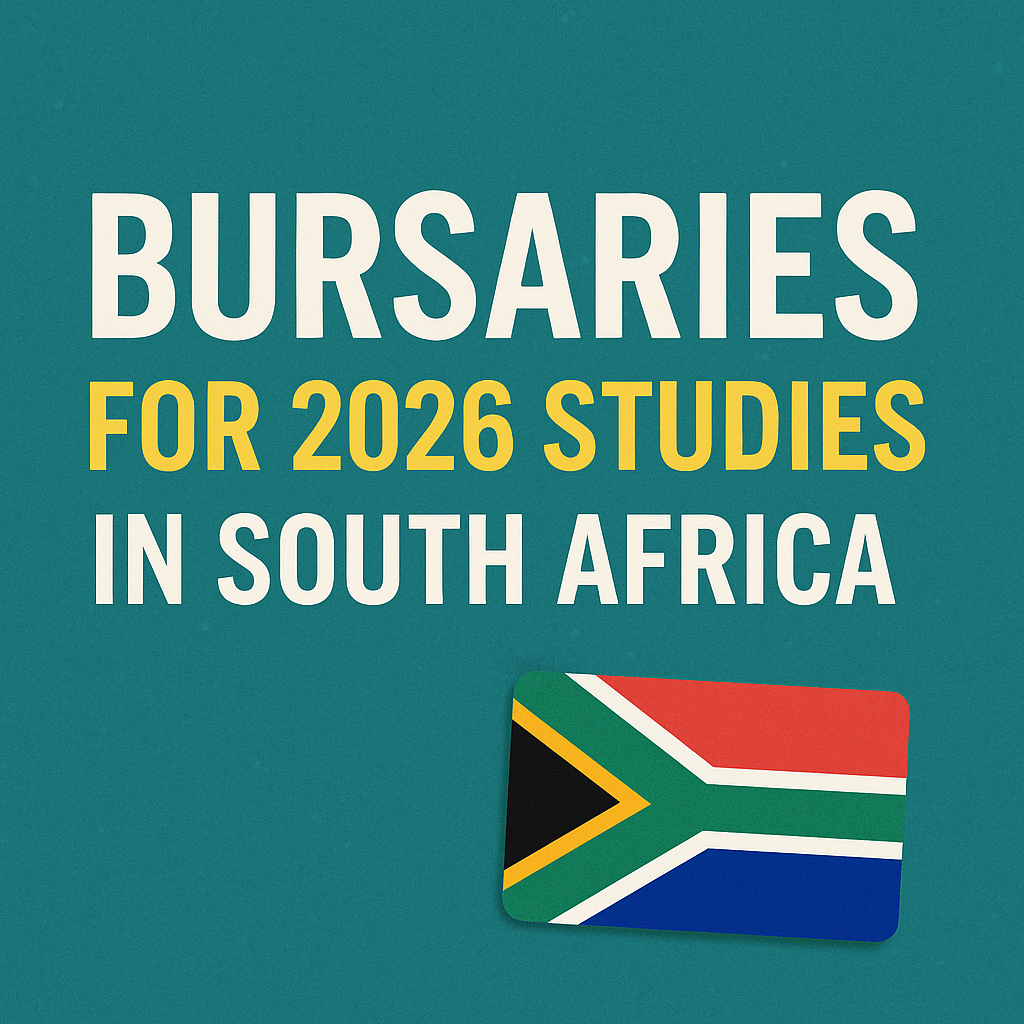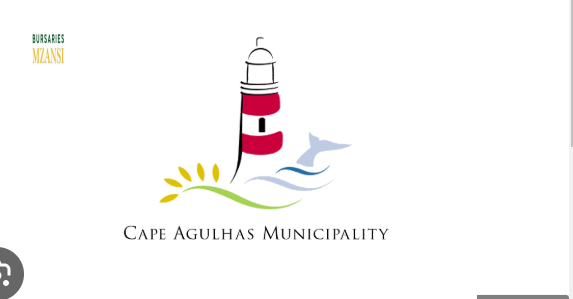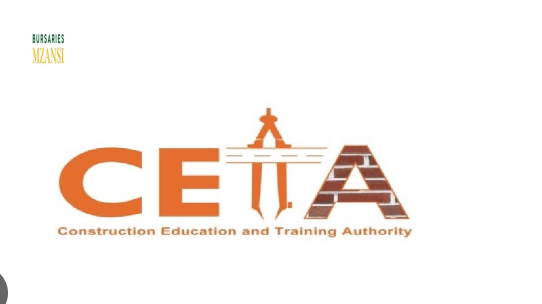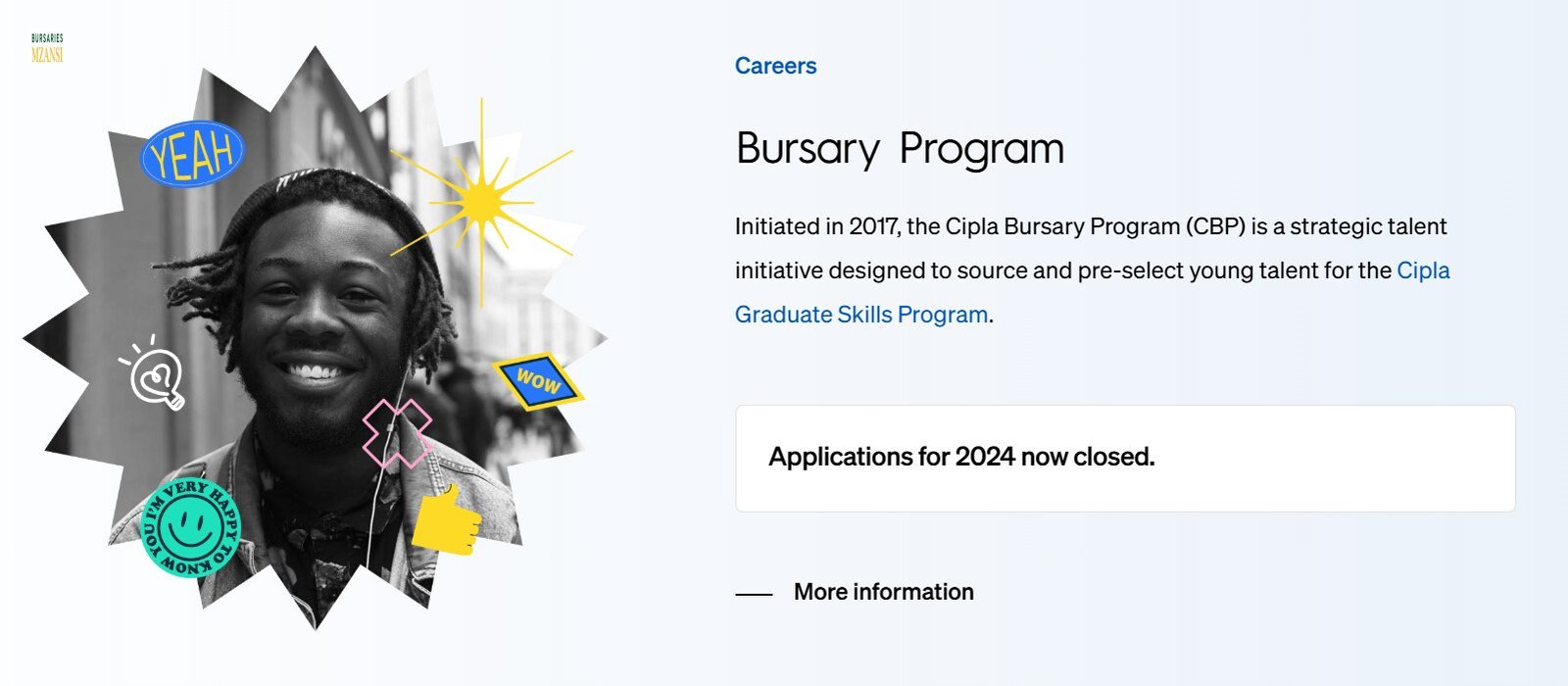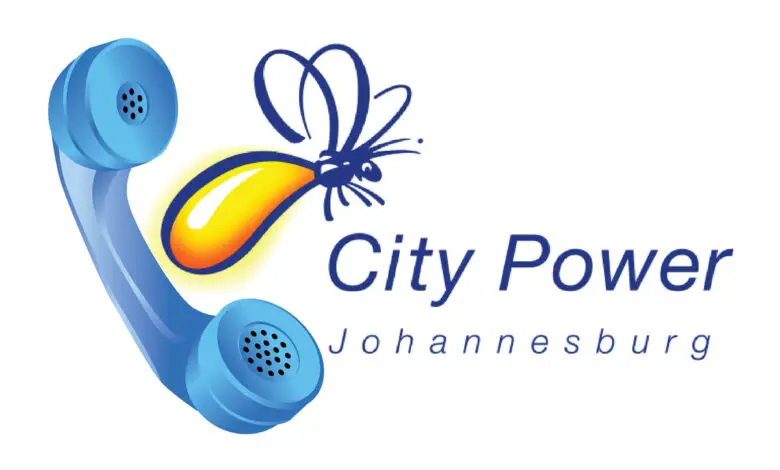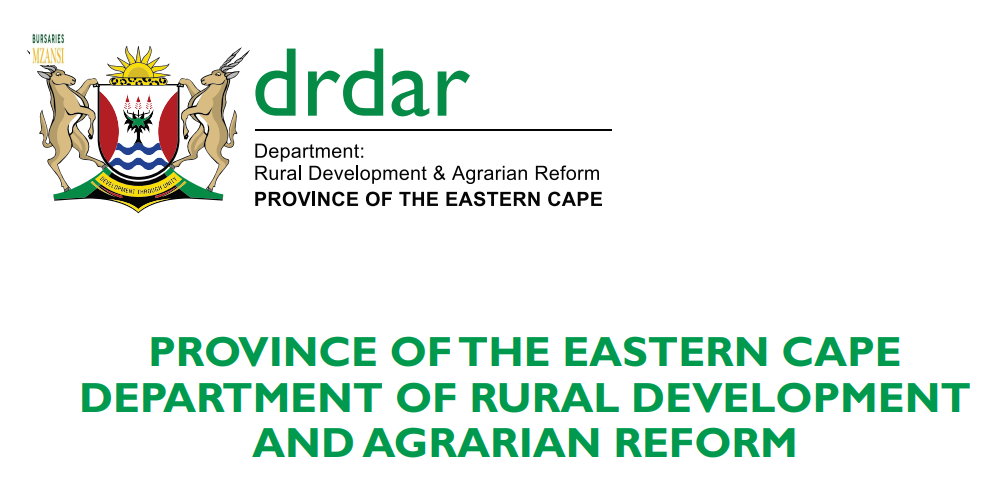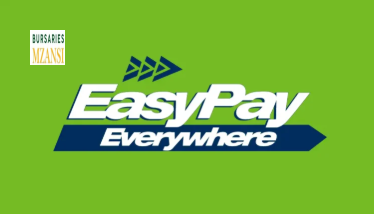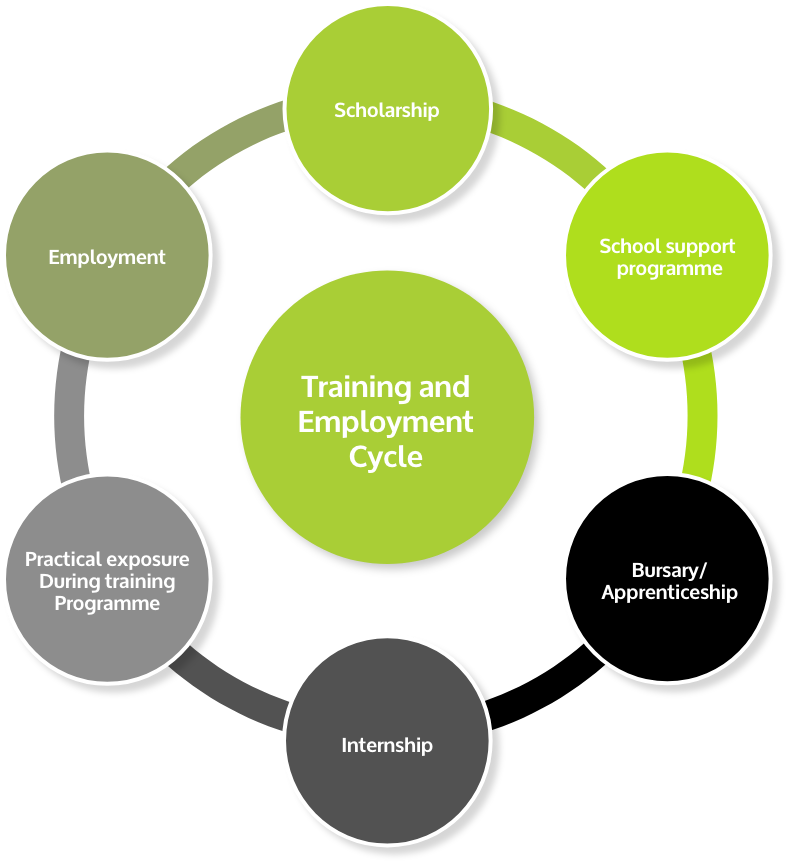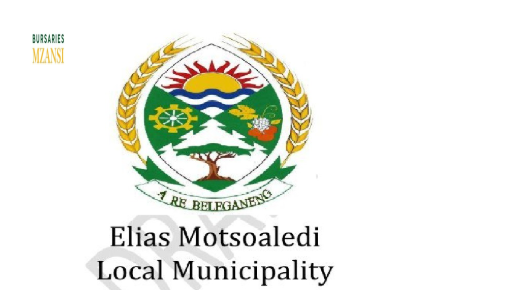Many students in South Africa dream of furthering their studies, but the cost of higher education is often overwhelming. This is where bursaries come in. A bursary is a form of financial assistance that covers tuition, books, accommodation, or sometimes even living expenses. But the big question students and parents often ask is: Do you have to pay back a bursary?
The short answer is no, bursaries generally don’t need to be paid back like student loans. However, some bursaries come with conditions that may require you to work for a company or organization after graduation. If you don’t meet these conditions, repayment might be required.
In this article, we’ll break down everything you need to know about bursaries, their repayment rules, and how to avoid surprises later on.
What is a Bursary?
A bursary is financial support awarded to students who cannot afford the cost of higher education. Unlike loans, bursaries are usually considered “free money” because you don’t pay them back if you stick to the terms.
Bursaries in South Africa are offered by:
- Government departments
- Private companies
- Non-profit organizations
- Universities and colleges
For example, large corporations like Old Mutual, Eskom, and Sasol regularly offer bursaries to talented students in fields such as engineering, accounting, and finance.
👉 If you want to see a list of available bursaries, you can check our detailed guide here: Bursaries in South Africa 2025.
Do You Pay Back a Bursary?
Now to the main question. Unlike student loans from banks or the National Student Financial Aid Scheme (NSFAS), bursaries are not designed to be paid back in money. Instead, bursaries are either:
- Full Bursaries (No Payback)
These bursaries cover all or part of your studies and don’t require repayment, as long as you complete your degree and meet the academic requirements. - Work-Back Bursaries
Some bursaries require you to work for the sponsoring company after graduation. For instance, if Sasol funds your chemical engineering degree, they may ask you to work for them for a set number of years. This is not really “paying back” in cash, but more like giving your time and skills in return. - Conditional Repayment
If you fail your studies, drop out, or break the bursary agreement, you may be asked to repay the bursary amount.
So, the answer depends on the type of bursary you accept. Always read the contract carefully before signing.
Difference Between a Bursary and a Loan
It’s easy to confuse bursaries with loans. Let’s clear that up.
| Feature | Bursary | Loan |
|---|---|---|
| Repayment | Not repaid (unless conditions broken) | Must always be repaid with interest |
| Eligibility | Based on need, merit, or both | Based on credit checks or guarantors |
| Benefit | Covers tuition, books, living | Covers tuition and extras but adds debt |
| Conditions | Sometimes requires work-back | Strict repayment schedule |
Conditions That May Affect Repayment
When you receive a bursary, you’re usually given a contract. This contract outlines your obligations. The most common conditions are:
- Academic Performance
You must maintain a minimum grade average. For example, some bursaries require you to keep at least 60% or 65% each year. If you fail, the funder may withdraw support or ask for repayment. - Completion of Studies
Dropping out without a valid reason may force you to pay back the bursary. - Work-Back Agreement
As mentioned earlier, some bursaries tie you to the company. For example, Allan Gray Orbis Fellowship requires graduates to work in South Africa and contribute to the economy. - Code of Conduct
Some bursaries expect students to uphold discipline and not engage in misconduct. Breaching these terms can result in termination and possible repayment.
Why Companies Offer Bursaries
You may be wondering why companies give out bursaries if students don’t pay them back in cash. The truth is, bursaries are an investment in talent. Companies want to:
- Secure skilled workers for their future workforce
- Support transformation and education in South Africa
- Build their reputation as socially responsible organizations
So, while you don’t pay back money, you often pay back in skills and service.
What Happens if You Don’t Meet the Requirements?
If you fail to meet the bursary requirements, here’s what could happen:
- The bursary gets terminated and you must fund your studies yourself.
- You may have to repay the money already spent on your education.
- You might lose future opportunities from the same organization.
This is why it’s important to read the bursary contract line by line. Never assume that every bursary is 100% free with no strings attached.
How to Avoid Repayment Issues
Here are a few tips to make sure you don’t get caught in a repayment trap:
- Understand the contract fully before accepting a bursary.
- Stay consistent in your studies to meet performance criteria.
- Communicate with your sponsor if you face academic or personal challenges.
- Commit to work-back obligations if required.
If you manage your bursary well, you’ll never need to worry about paying it back.
Examples of South African Bursaries
Some well-known bursaries and their repayment policies:
- NSFAS (not a bursary but a loan/bursary mix): Some parts are converted to loans that must be repaid if students don’t complete their qualifications.
- Old Mutual Imfundo Trust Scholarship: Requires students to work within South Africa after completion.
- Eskom Bursaries: Require work-back agreements to secure skilled engineers.
👉 To learn more, you can read our guide on the Old Mutual Imfundo Trust Scholarship.
Do You Pay Back a Bursary in South Africa? Final Answer
Most bursaries in South Africa do not require repayment in the traditional sense. However, many come with obligations like academic performance or work-back contracts. The only time you’ll pay back money is if you fail to meet the agreed terms.
So, while bursaries are an excellent way to study without debt, you should always treat them with responsibility. Think of them as partnerships between you and your sponsor.
Final Thoughts
Bursaries are a lifeline for many South African students. They provide opportunities to study without the heavy burden of debt, unlike loans. But remember, not all bursaries are the same. Some expect you to give back through work or service, while others are completely free.
If you’re considering applying for one, be sure to:
- Read the bursary agreement carefully
- Keep your grades up
- Commit to the terms
That way, you can enjoy your studies stress-free without worrying about repayment.
👉 Looking for bursaries? Check out our regularly updated list here: Bursaries in South Africa 2025.



